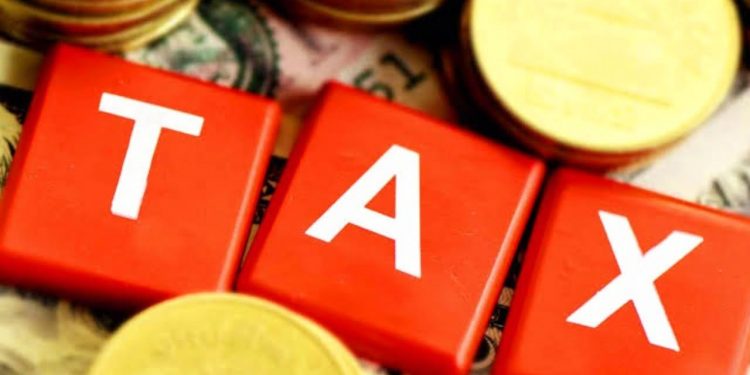Nigeria’s New Tax Bill Offers Instalment Payment Option
The Federal Government of Nigeria has introduced a significant change to its tax system by proposing an option for individuals to pay their taxes in instalments. This is part of the broader reforms in the Nigeria Tax Bill 2024, which was recently submitted to the National Assembly for review and approval. The bill aims to give citizens more flexibility in fulfilling their tax obligations.
A government representative explained the rationale behind the proposal: “We understand that paying taxes in a lump sum can be difficult for some individuals, so the option to spread payments over time will ease the financial burden on taxpayers.”
Join our WhatsApp ChannelPayment Flexibility and Refund Options
The new tax payment option will allow individuals to make their tax payments either in a single lump sum or spread out over equal instalments, provided that all payments are completed before the final filing deadline. The details of the bill, obtained by our correspondent, show that taxpayers can pay in equal monthly instalments or in amounts proportionate to their accounting period.
An official from the Ministry of Finance commented, “This flexibility will encourage more people to comply with tax regulations, knowing they can fulfil their obligations over time without the pressure of making one large payment.”
In addition to the payment flexibility, the bill proposes the creation of a special account by the Accountant-General for tax refunds. Taxpayers will be eligible for refunds in cases of overpayment, and the process will be managed by the relevant tax authorities.
Boosting Revenue Collection Efficiency
The government is not stopping at just introducing flexible payment options. The Nigeria Tax Bill 2024 is part of a wider tax reform package aimed at boosting revenue collection. The Presidential Fiscal Policy and Tax Reforms Committee, chaired by Taiwo Oyedele, is behind these changes. Four new bills have been sent to the National Assembly, outlining legislative frameworks for improved tax collection.
READ ALSO: Cybersecurity Tax: How Multiple Bank Charges Won’t Help Our Tinubu Economy
A key part of these reforms involves centralizing tax collection activities under the newly proposed Nigeria Revenue Service. This will replace the involvement of agencies like the Nigerian Customs Service and the Nigerian Ports Authority in revenue collection.
“The centralization of revenue collection is aimed at improving efficiency and reducing leakage. This will enable the government to collect what is due without losing funds along the way,” an official involved in the reform process said.
New Tribunal for Disputes
Another important proposal in the bill is the creation of a tax tribunal and ombudsman to handle disputes that arise between taxpayers and the government. This tribunal will help resolve issues quickly, ensuring that the tax system operates fairly and efficiently.
The bill states, “Any tax refund due shall be made within 90 days following the decision of the relevant tax authority, with the option of a set-off against any outstanding tax liabilities.”
Redistribution of Tax Revenue
In terms of the distribution of value-added tax (VAT) revenue, the bill suggests that the net revenue will be shared between the Federal Government, State Governments, and Local Governments. According to the bill, 55% of the revenue will go to State Governments and the Federal Capital Territory, while 35% will be allocated to Local Governments. The Federal Government will receive the remaining 10%.
“The emphasis on derivation ensures that states and local governments receive a fair share of the revenue based on the economic activity within their regions,” a tax expert noted.
The Nigeria Tax Bill 2024 represents a significant overhaul of the country’s tax system, with the instalment payment option being a welcome development for individuals facing financial constraints. While the reforms aim to streamline revenue collection and improve efficiency, the introduction of flexible payment plans and the establishment of a tax tribunal promise to make tax compliance easier for Nigerians.
















